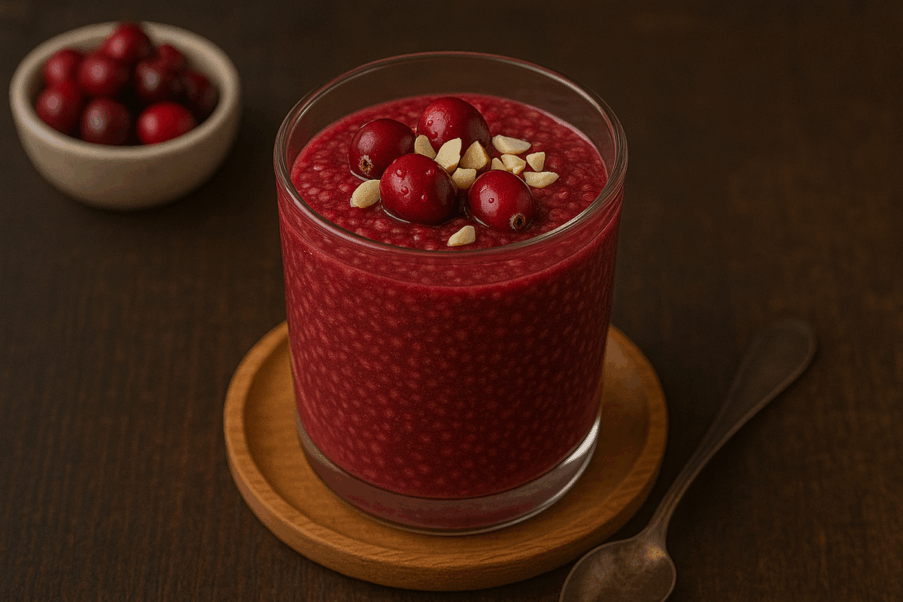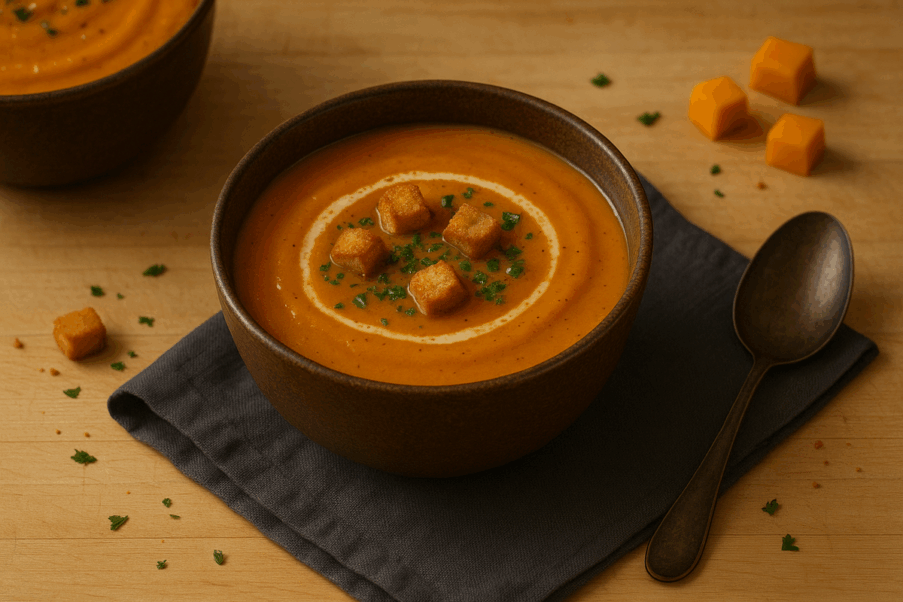Evening Food Cravings Linked to Circadian System
 Despite best intentions, many people fall prey to unhealthy snack cravings in the late evening. But before you beat yourself up for being seduced by the siren song of your favorite duo—Ben and Jerry—new research suggests that perhaps we are hardwired for such eating patterns.
Despite best intentions, many people fall prey to unhealthy snack cravings in the late evening. But before you beat yourself up for being seduced by the siren song of your favorite duo—Ben and Jerry—new research suggests that perhaps we are hardwired for such eating patterns.
Research published in the journal Obesity (2013; [21], 421–23) shows that the body’s internal clock, the circadian system, increases hunger and cravings for sweet, starchy and salty foods in the evenings. While the urge to consume more before sleep may have helped our ancestors store energy to survive in times of food scarcity, in the current environment of high-calorie food, late-night snacks may result in significant weight gain.
“Of course, there are many factors that affect weight gain, principally diet and exercise, but the time of eating also has an effect,” said Steven Shea, PhD, director for the Center for Research on Occupational and Environmental Toxicology at Oregon Health & Science University and senior author on the study. “We found with this study that the internal circadian system also likely plays a role
in today’s obesity epidemic because it intensifies hunger at night. People who eat a lot in the evening, especially high-calorie foods and beverages, are more likely to be overweight or obese.”
Findings
- Study authors observed that the internal circadian system regulated hunger, with participants feeling least hungry in the morning (8:00 am) and most hungry in the evening (8:00 pm).
- Similar rhythms were found in appetite for specific types of food, such as sweet, starchy and salty, and in how much participants estimated they could eat.
- Researchers concluded that the internal circadian system causes an evening peak in appetite that may promote consumption of larger, higher-calorie meals before the fasting period necessitated by sleep.
“Our study suggests that because of the internal circadian regulation of appetite, we have
a natural tendency to skip breakfast in favor of larger meals in the evening. This pattern of food intake across the day is exactly what Sumo wrestlers do to gain weight,” said Shea. “So, it seems likely that the internal circadian system helps with efficient food storage. While this may have been valuable throughout
evolution, nowadays it is likely
to contribute to the national
epidemic of obesity.”
Sandy Todd Webster
For 22 years, Sandy Todd Webster was the chief architect of IDEA's content program - including the award-winning IDEA FITNESS JOURNAL and IDEA FOOD & NUTRITION TIPS - the industry's leading resources for fitness, wellness and nutrition professionals worldwide. She created, launched and nurtured these brands and many others during her productive and purposeful IDEA tenure. Sandy is a Rouxbe-certified professional plant-based cook and a Precision Nutrition Level 1 Coach who is pursuing a Master's degree in Sustainable Food Systems through The Culinary Institute of America (expected August 2024). She plans to combine these passions with her content expertise to continue inspiring others to make the world a more just, healthy and regenerative place.






